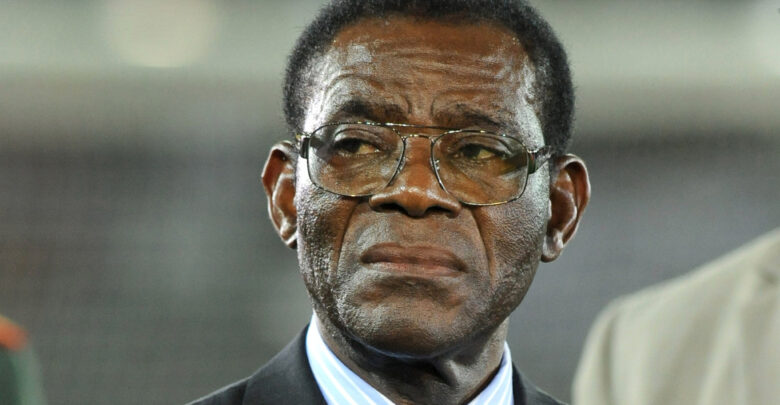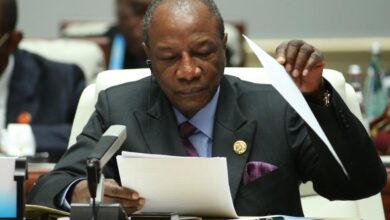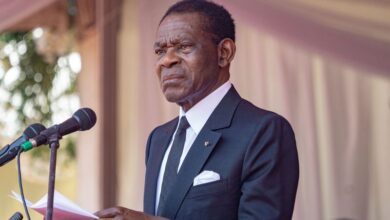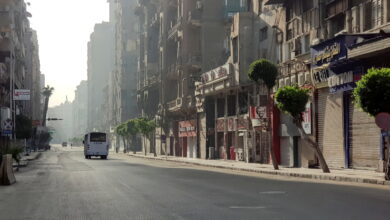Equatorial Guinea
Equatorial Guinea Voters Cast Their Ballots In Presidential & Legislative Elections

Equatorial Guinea held presidential and legislative elections on Sunday to elect its new president and representatives in both parliamentary chambers, reported The Africa News.
Africa’s longest-serving President Teodoro Obiang Nguema Mbasogo, who has been in power for more than 43 years, is highly likely to extend his presidential tenure in the oil-rich country amid accusations of voting irregularities from the opposition.
Obiang has been in power since 1979 after a coup against his predecessor and is seeking a sixth term. In 2011, he lifted the constitutional age limit of 75 for governing.
In previous Equatorial Guinea elections, he has never secured less than 90% of the total vote. He got 99% of the vote in 1989, when the country was still a one-party state, 97.8% in 1996, 97.1% in 2002, 95.7% in 2009 and 93.7% percent in 2016 election.
The two other top presidential candidates are Andres Esono Ondo of the Convergence for Social Democracy, the only opposition party that is not banned, and Buenaventura Monsuy Asumu of the Social Democratic Coalition Party, allied with the Democratic Party of Equatorial Guinea in the legislative and municipal elections.
Obiang’s re-election seems virtually assured in one of the most authoritarian and enclosed states in the world.
Andres Ondo on Sunday said that the ruling party appeared to be again committing electoral fraud. He told reporters that his party had been receiving complaints all day from across the Central African nation, with many voters saying they were forced to cast ballots publicly rather than in secret.
“What he is doing is massive fraud, even worse than on previous occasions,” Esono said of the 80-year-old incumbent.
Although Equatorial Guinea is Africa’s third richest country in terms of per-capita income, the wealth is very unequally distributed.
According to World Bank figures, four-fifth of Equatorial Guinea’s 1.4 million population live below the poverty threshold.





